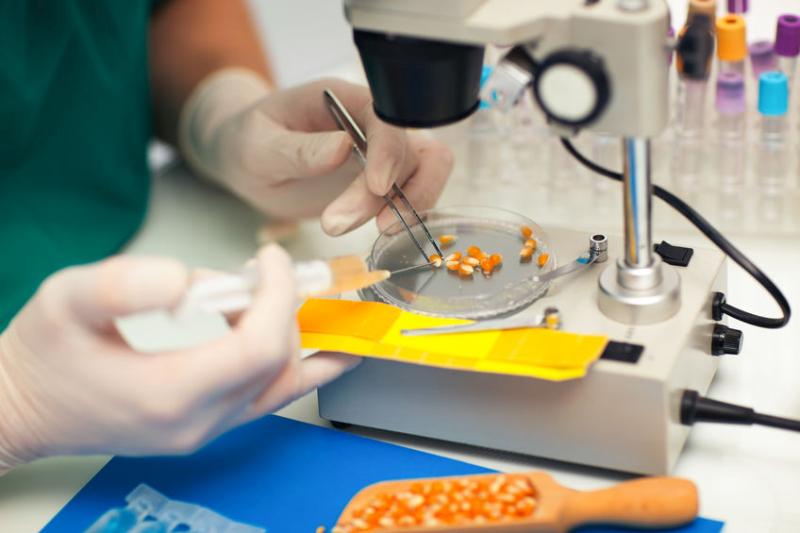Consultation to look at UK rules on gene editing

The government has announced an autumn consultation on the future regulation of precision breeding techniques in the UK.
The consultation will look at post-Brexit regulation of precision breeding techniques, such as gene editing.
Defra Minister Lord Gardiner of Kimble said there was a strong case for taking these techniques out of the scope of GM regulation.
This would give Britain’s scientists, farmers and breeders the same access to new gene editing technologies as their counterparts around the world.
The government objects to the European Court ruling of July 2018 classifying gene editing techniques as GM, calling it ‘unscientific’.
Lord Gardiner, speaking during the committee stage debate on the agriculture bill, highlighted the need for a more scientific approach to regulation.
He said doing so would help the UK reap the 'economic and environmental benefits' of these technologies.
He re-confirmed the government’s view that gene edited products whose DNA changes could have occurred naturally or through traditional breeding techniques should not be regulated as GMOs.
“The government are committed to taking a more scientific approach to regulation. Many scientific institutes share our view that the current rules are unscientific.
"A solution is needed soon if we are to reap the benefits, such as more resilient crop varieties, reduced use of synthetic pesticides and more disease-resistant animals.”
He said Defra was working on the details so that a consultation can be launched in the autumn.
Welcoming the government’s commitment, Lord Cameron highlighted the potential benefits on offer for the advancement of agri research and the prospects for farmers and the environment.
“Greater access to these techniques will allow developments to be driven by a wider range of research organisations, mostly led by small businesses and public research organisations, not just large multinationals.
"It will allow some of the world’s best agricultural research stations to team up with smaller research stations in developing countries, which have special crops, often with special local problems.
"By working with these poorer countries, as well as with UK agriculture, we can help farmers everywhere produce the food that their local population requires.”








